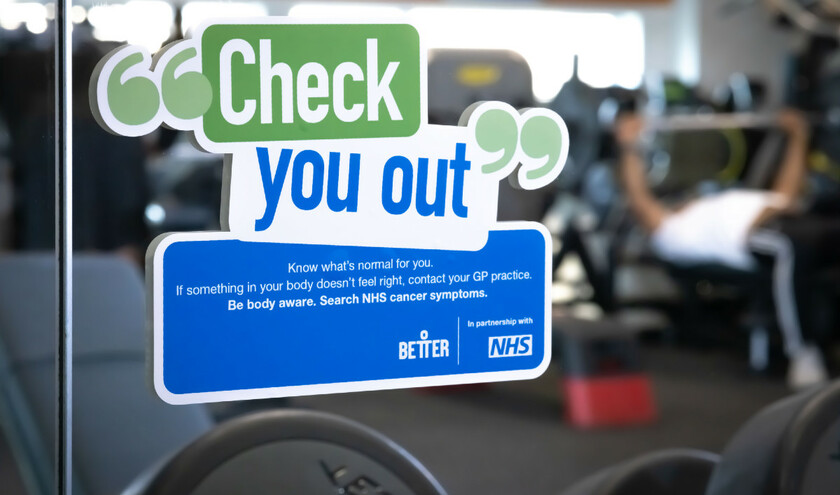NHS analysis on 13 of the most common cancers, such as breast, prostate and lung cancer, shows that nearly three in five patients are now being diagnosed at stages one or two, when the cancer is easier to treat.
The increased number of cancers being caught earlier follows a major drive by the NHS over the past two years to encourage millions of people to come forward for potentially life-saving checks, especially those who may be at higher risk as a result of hereditary or lifestyle factors.
Rapid cancer registration data shows that 120,958 of the 206,038 common cancers (58.7%) diagnosed between September 2023 and August 2024 were identified at an early stage – an improvement of 2.7 percentage points on pre-pandemic levels, corresponding to an estimated additional 7,000 patients diagnosed at an early stage.
Among the initiatives rolled out by the NHS to help catch more cancers earlier are its NHS Lung Health Check (TLHC) and Liver Health Programmes. They see hi-tech mobile scanning trucks and vans go into the heart of communities to offer in-depth checks to people at shopping centres, sports stadiums, food banks and supermarket car parks.
Data shows more than 5,000 people have been diagnosed with lung cancer earlier via the TLHC programme, since it was launched in 2019.
Dame Cally Palmer, national cancer director for NHS England, said: ‘There is still much more to do to save more lives and we will not let up in our efforts to catch more cancers earlier, where treatment is more likely to be successful. NHS teams across the country are continuing to take tests and checks closer to people who need them, and with new treatments being made available all the time, we will continue to do all we can to get people seen and treated for cancer as early as possible.'
The analysis also shows more people than ever before have been tested for cancer over the past year.
More than 3 million people (3,071,055) were seen for urgent cancer checks over the past year (November 2023 to October 2024), which is up by over 100,000 on the same period the year before, and up by more than 700,000 on the same period five years ago – before the Covid pandemic.
Since 2022, the NHS has carried out a series of national awareness campaigns and unique initiatives, such as putting messages on urinal mats in pubs and football grounds, on underwear in Morrisons supermarkets, as well as on a large double-decker bus travelling to cancer hot spots around the country.
Professor Peter Johnson, NHS England's national clinical director for cancer, said: ‘Our work to raise awareness, help to warn those at risk and encourage people to come forward for checks is vital to make sure people can get treatment promptly. Talking about cancer helps save lives too so, if you're seeing friends and loved ones this new year, please check in with them and have a conversation.'



